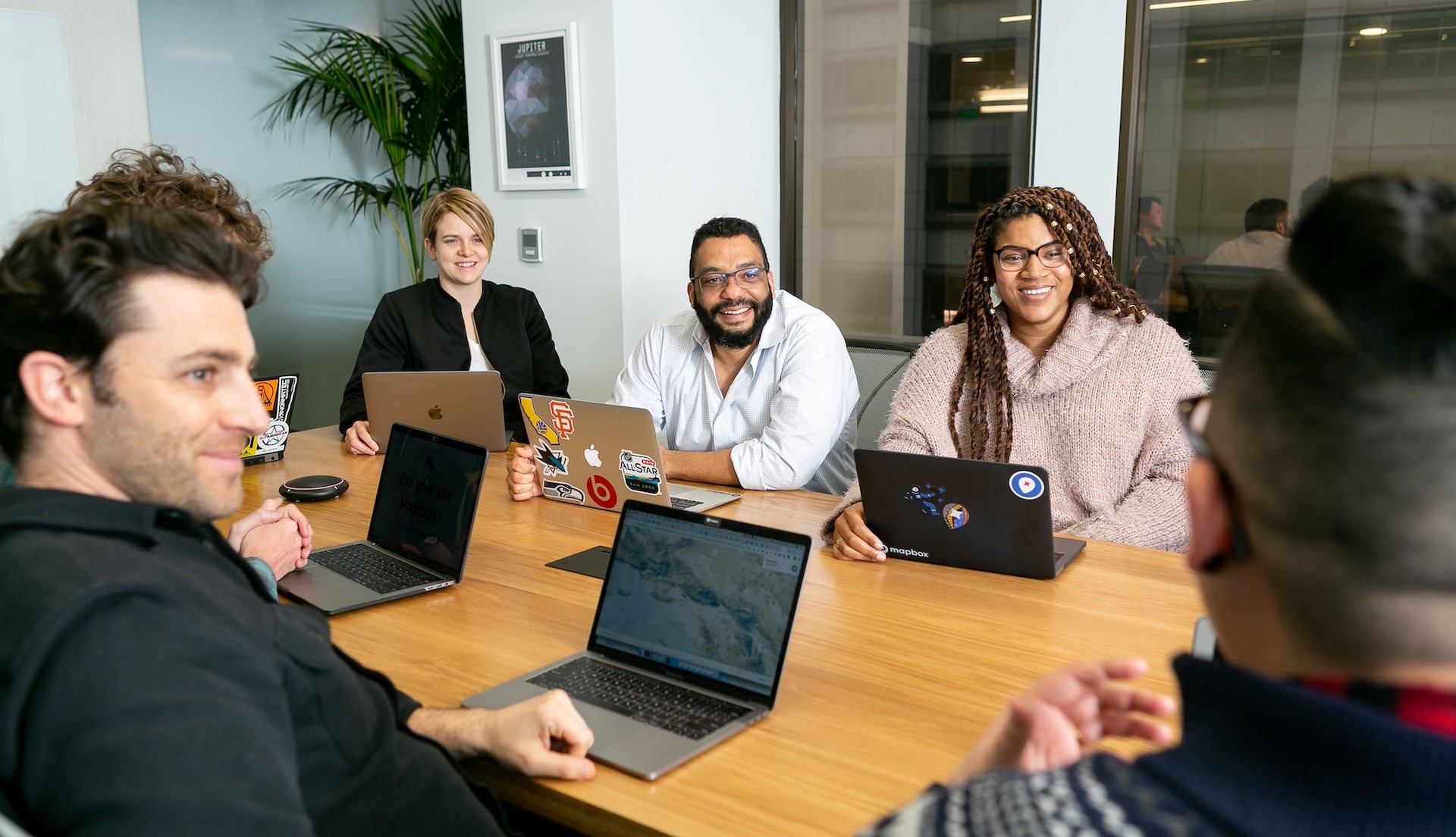Oz Khan heads up venture capital for ADP, which has over a million clients that portfolio companies can partner with, and he tells us why now is the right time to launch ADP Ventures.

Human resource software company ADP has been experimenting with startup collaboration and open innovation for years, but earlier this year it formally set up a venture capital unit. Senior vice-president of ventures Usman (Oz) Khan believes ADP’s vast scale — it boasts more than 1 million customers — will help it attract good portfolio companies in a crowded market.
“ADP has its own unique value proposition,” he tells Global Corporate Venturing. “We love to talk about our size and scale like all other companies do, because it’s a very real thing.”
Many HR software providers, such as Workday and SAP, already have established CVC funds, as have recruitment firms like Recruit and Randstad. Bloomberg’s venture capital unit Bloomberg Beta also has the future of work as a key focus. ADP is a relative latecomer in comparison. But Khan believes the company’s position as market leader, and the wide array of products it has, will give it a wider scope to form partnerships with startups.
“A million clients spanning multiple business domains, that’s pretty notable,”
“When you think about a million clients spanning multiple business domains, that’s pretty notable,” Khan says. “A lot of companies in this sector either concentrate on the upper mid-market or the enterprise space and that’s kind of their bread and butter.
“ADP is in small business, lower and upper mid-market, up market and we’re international, so the size and scale is quite significant, and access to distribution is interesting for all parties.”
A history of open innovation
ADP traces its history back 70 years to the days of manual payroll processing and the company has had to undertake many technology refreshes. The company’s open innovation activities began in the middle of the last decade according to Khan. It initially explored new technologies through a subsidiary called ADP Labs before forming what he refers to as a startup factory, which in turn gave birth to app store ADP Marketplace.

After Khan took up his present position, in 2020, ADP expanded its incubator model to include external investments. ADP Ventures typically provides $1m to $6m per deal, at a sweet spot he says is around series A or B. It had formed partnerships between startups and various ADP business lines, and that had informed its knowledge of new technologies.
“At that point we thought: You can create a ton of value doing this, but you can go one step further and really continue that innovation canvas, if you will, by investing in some of these companies,” he says. “Because we have a lot of the pieces of the framework you need to be an effective CVC, in my opinion.”
Those pieces include ADP Marketplace and Wisely, the company’s digital compliance platform, as well as engineering capabilities that can help HR software startups improve their product while growing.
“Plus, there are a couple of macro things that also help,” Khan adds. “2019 was a pretty interesting time to go in because we had a steady clip of startups with venture capital investment going up, and 2020 was really disruptive to everyone across the world. Then in 2021, there was this crazy amount of exuberance and evaluations that were sky high, so the timing wasn’t quite there.”
Earlier this year, the company made investments in leave management software developer Cocoon and Fringe, the creator of a workplace benefits platform, before moving on to formally launch ADP Ventures.
Where ADP Ventures is investing
Khan says the unit concentrates on three areas, the first of which involves strengthening its core software stack, while the second is centred on extending it into areas like human resources information systems.
“And beyond that, something like Fringe becomes very interesting,” he says. “And there are a lot of other themes in there between employee financial wellness and fintech as well as the benefits base, which is a natural extension.”
“Then, the third horizon is what I would call external adjacency, where we might see things in deeptech integrations or even B2C that might be of interest to us.”
Khan says the unit is mainly focusing on the first two brackets to begin with, but that he expects the third to make up more of its activity as the team gets more comfortable. It has also made a limited partner investment in SemperVirens, a VC firm that targets work, health and financial wellness startups. They are also sharing networks and may invest together if the deal is right.
So, what is hot in HR technology right now?
“Last year, employment-of-record (EOR) technology was massive, we saw mega deals happen across the space,” Khan says, referring to third-party organizations that legally employ workers on behalf of other companies. Many of these companies, including Atlas, Joonko, Ashby and Remote raised large rounds in 2022.
“With the pandemic, a lot of companies were looking at international teams, remote and scale teams, the international opportunity,” says Khan.
“There is recruitment tech, which is has consistently got a lot of investment over the course of time, talent tech has also soaked up a lot of dollars.”
And of course, generative AI, which every company is looking at. The technology could hypothetically enhance worker productivity and boost engagement with employers, but ADP Ventures is on the lookout for the AI companies with the best possible fit.
“Generative AI coming out has obviously created an artificial intelligence boom, but it’s also a very selective boom.”
“Generative AI coming out has obviously created an artificial intelligence boom, but it’s also a very selective boom,” Khan says. “You’ve seen some extremely large valuations for companies building technology and frameworks that will enable the use of generative AI, but you’re also seeing companies that leverage AI as a model, or ‘GPT wrapper’ if you will.
“The question for us becomes which one of those combinations becomes extremely powerful when it’s coupled with ADP data to create tons of pipe value. Long story short, we’re extremely interested but we’re also mindful of outcomes that might be generated that are mutually beneficial.”









